Strengthen Joints Through Trail Running Adventures
The Impact of Trail Running on Joint Health
Trail running combines cardiovascular exercise with nature, appealing to many fitness enthusiasts. Its scenic views and varied terrain offer a refreshing change from traditional running. However, runners often worry about the activity’s impact on joint health. Understanding how trail running affects your joints is crucial for minimizing injury risks while enjoying the sport. This article explores trail running’s effects on joint health and offers tips for maintaining healthy joints.
Understanding Joint Health
Joint health influences overall mobility and quality of life. Joints connect bones, allowing movement and flexibility. Properly functioning joints enable us to perform daily activities easily. Factors like age, obesity, overuse, and injury can cause joint pain and conditions such as osteoarthritis.
Runners, particularly those engaging in high-impact activities, often face joint health concerns. The repetitive motion of running can wear down joints, especially in the knees, hips, and ankles. Trail running’s varied surfaces present challenges and benefits, making it essential to protect your joints while enjoying this rewarding sport.
The Impact of Trail Running on Joints
Trail running creates unique conditions that can affect joint health in different ways:
1. Uneven Terrain
The unpredictable surfaces of trails—rocky paths and muddy trails—require runners to engage different muscle groups. This engagement can strengthen the muscles around the joints but may also increase the risk of sprains or strains if approached carelessly.
2. Reduced Impact
Trail running’s natural surfaces, like dirt and grass, generally provide more cushioning than asphalt or concrete. This reduced impact leads to less strain on the joints, making trail running a safer option for those concerned about joint health. Softer ground absorbs some shock, helping reduce injury risks associated with repetitive stress.
3. Muscle Engagement
Trail running often involves elevation changes, requiring greater muscle engagement, especially in the legs and core. Stronger muscles support the joints better, helping prevent injuries. This increased strength can improve joint stability and reduce joint pain over time.
Tips for Healthy Joints While Trail Running
To protect your joints while enjoying trail running, follow these essential tips:
1. Choose the Right Footwear
Invest in proper footwear for trail running. Trail running shoes feature cushioning, support, and traction. Finding a pair that fits well is crucial.
Conclusion
In summary, trail running offers benefits for joint health when approached mindfully. Understanding the impact on joints and following protective tips can enhance your running experience.
Below are related products based on this post:
FAQ
How does trail running affect joint health compared to regular running?
Trail running generally has a more positive impact on joint health than regular running on hard surfaces like asphalt or concrete. The natural surfaces of trails provide more cushioning, which reduces the strain on joints. Additionally, the varied terrain can strengthen the muscles around the joints, enhancing stability and potentially reducing the risk of injury.
What are some common joint health concerns for trail runners?
Trail runners may face concerns such as sprains or strains due to the uneven terrain, as well as wear and tear on joints from the repetitive motion of running. Conditions like osteoarthritis can also be exacerbated by overuse or improper technique. It’s crucial for runners to be mindful of their form and terrain to minimize these risks.
What tips can help maintain healthy joints while trail running?
To maintain healthy joints while trail running, it’s important to choose the right footwear that provides adequate cushioning and support. Additionally, incorporating strength training to enhance muscle engagement around the joints, warming up properly before runs, and listening to your body can help prevent injuries and promote joint health.
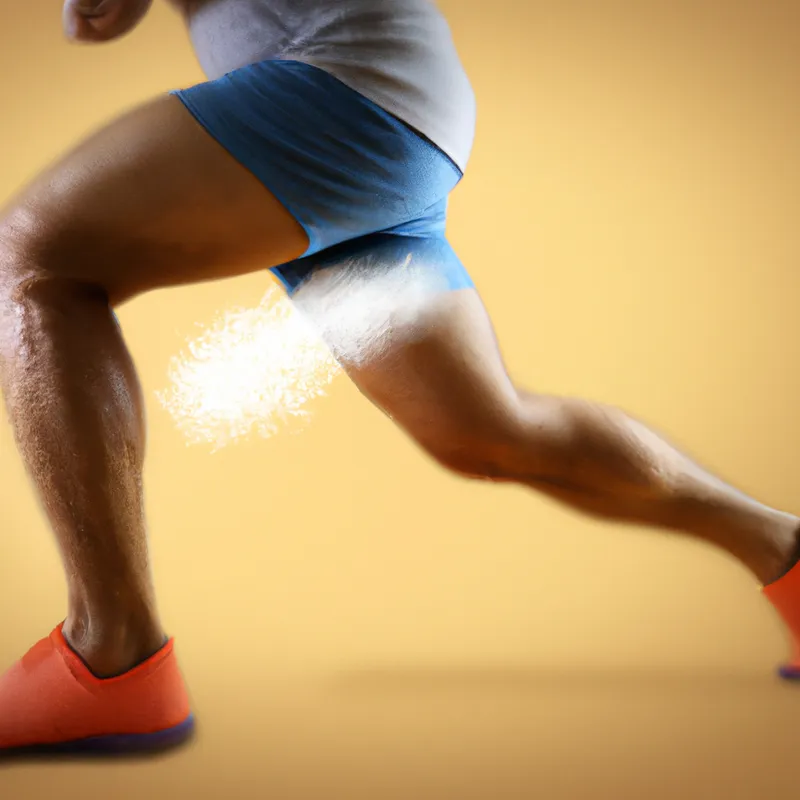

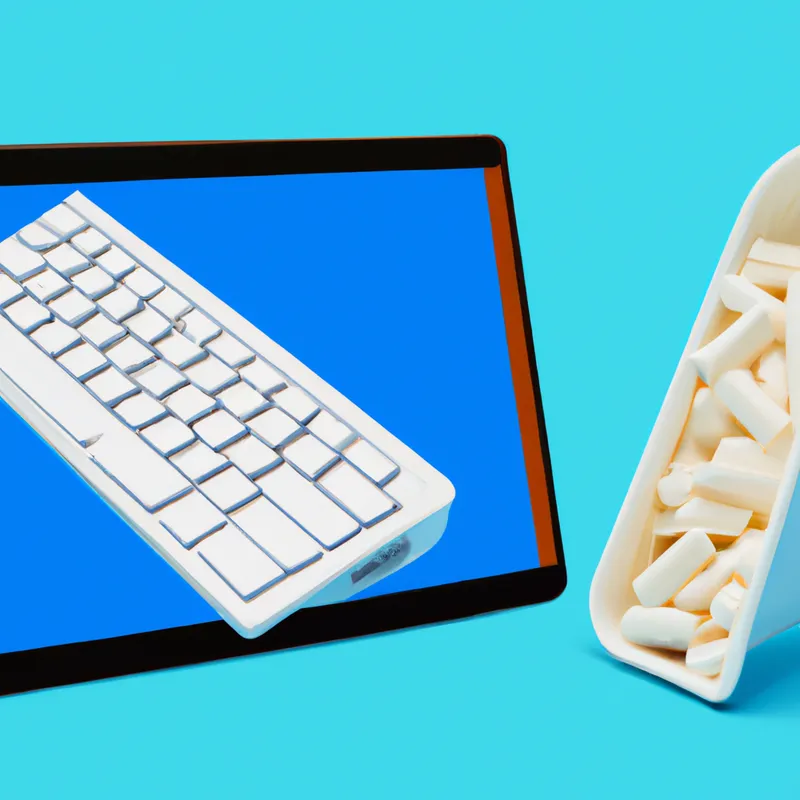
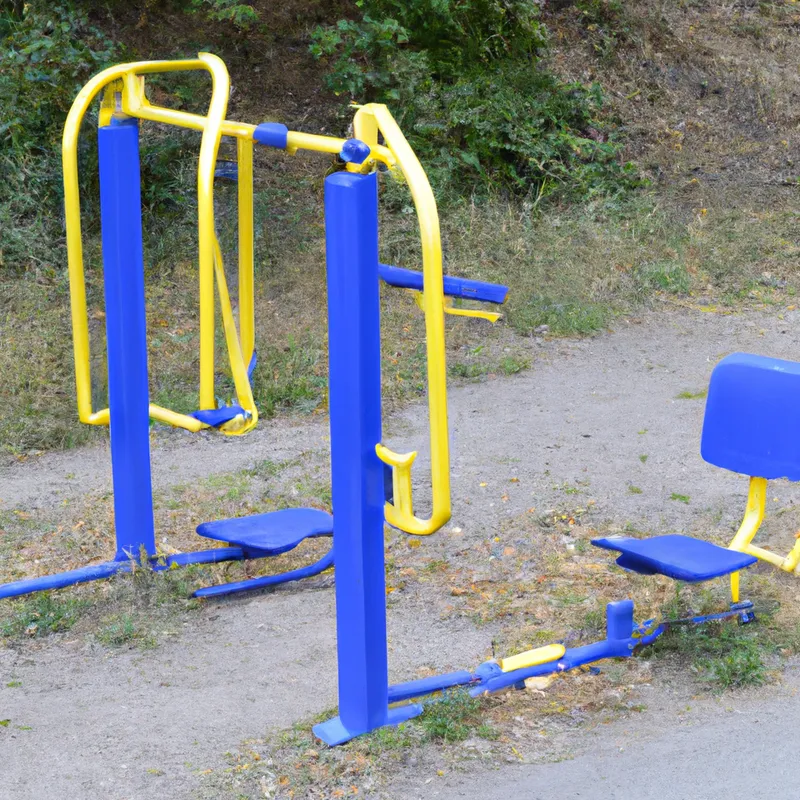


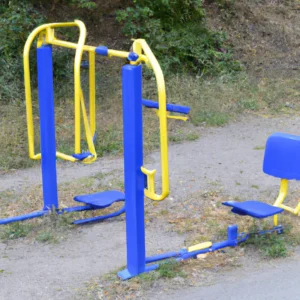

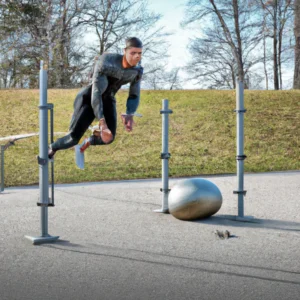
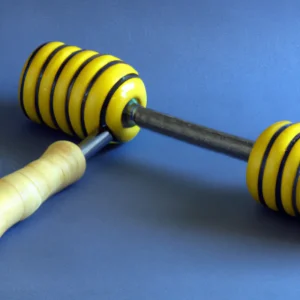
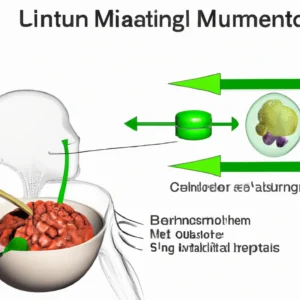




Post Comment